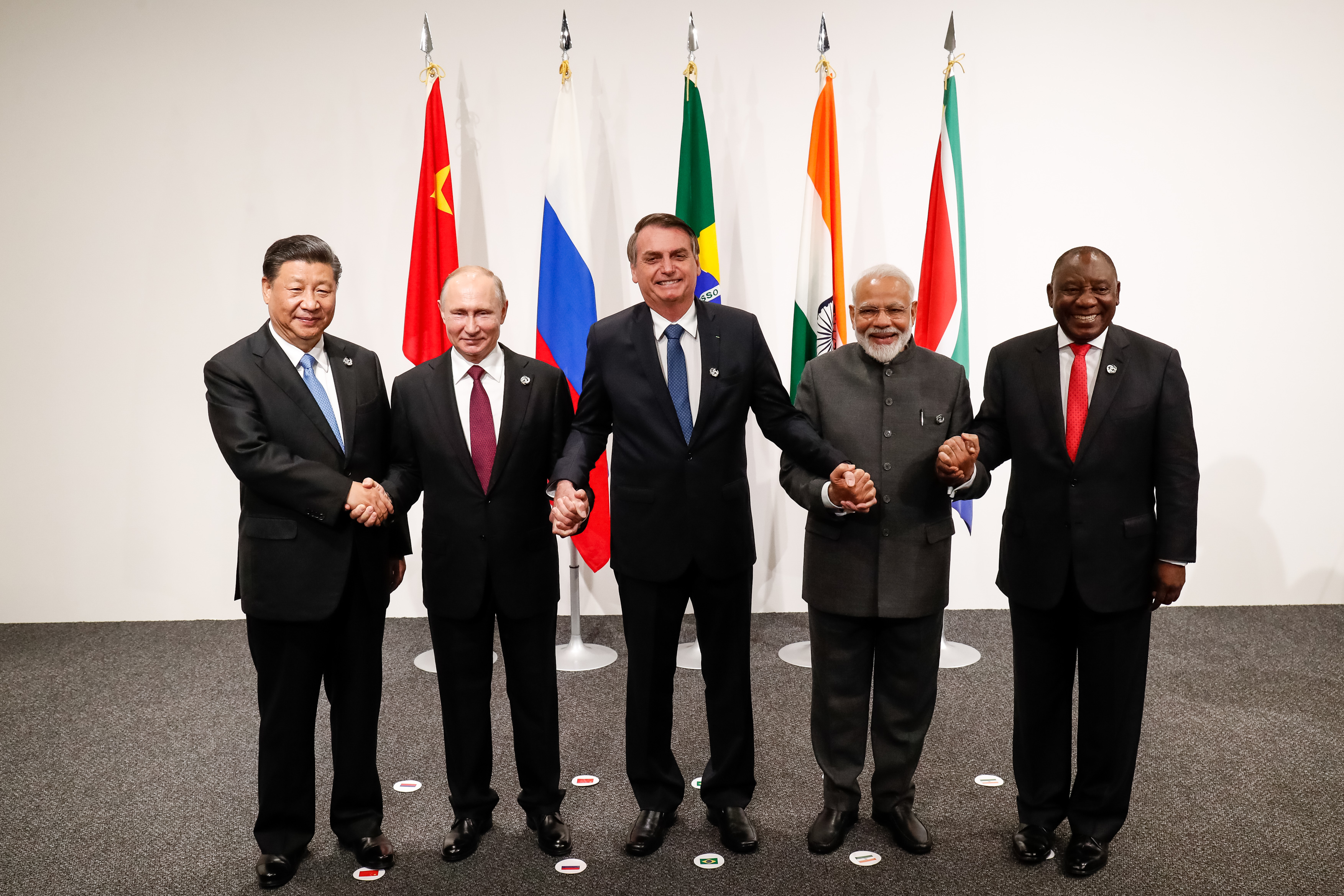Professor Robert Wade responds to the “Trade wars: episode II” article in the Economist, published on Saturday 4 November.
You agree that tariffs can help some manufacturers gain domestic market share (“Trade wars: episode II”, November 4TH). But you stress that this benefit comes at the cost of sheltered manufacturers getting away with being less efficient than their global rivals, and imposing costs on other domestic industries that use their more expensive products.
Protection can be arranged to give a higher benefit-cost ratio than you imply. In South Korea and Taiwan, new producers in strategic industries were given protection on their domestic market sales, accruing higher profits. They were required to use the higher profits to subsidize entry into export markets. They were given a time limit to reach international levels of price and quality, after which the protection would be removed. Whether this could be implemented in the United States is questionable; but it should be considered in many industrializing countries.
ROBERT WADE
Professor of global political economy
London School of Economics
……………
Professor Robert Wade is the author of Governing the Market: Economic Theory and the Role of Government in East Asian Industrialization, 2003
The views expressed in this post are those of the author and in no way reflect those of the International Development LSE blog or the London School of Economics and Political Science.
Image creadit: South Korean worker on her first day at work, ILO Archives via Flickr.





